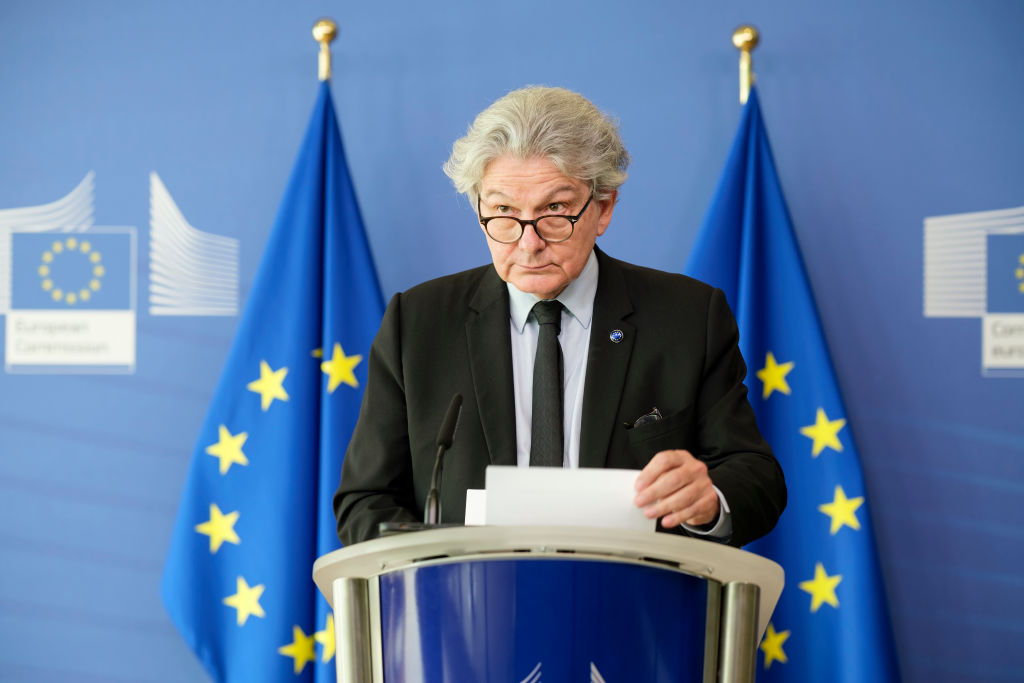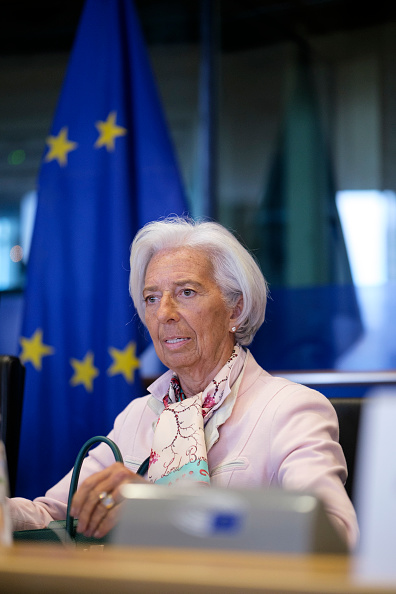The European Union’s proposed free-speech legislation is “too weak” and does not reflect legal reality, lawyers and media professionals have told Brussels Signal.
The draft law aims to protect journalists, dissidents and whistle-blowers from actions intended to silence them in court cases often referred to as “strategic lawsuits against public participation” (SLAPPs).
The European Council and European Parliament reached agreement on November 31 on the draft measure to protect people speaking out in the public interest against lawsuits such as the above.
Many experts in the field question the proposed bill’s effectiveness.
Robert Dougans, head of dispute resolution at Preiskel & Co, who frequently defends journalists facing libel lawsuits, told Brussels Signal: “It’s too weak and doesn’t affect procedural reality.”
The most recently released draft of the bill by the European Council did not provide people facing SLAPPs the opportunity to ask the courts for damages or recovery of their legal costs in such cases.
“You need full cost recovery if it’s a SLAPP,” said Dougans.
“Sure, someone sues you, and I get it dismissed as a SLAPP, but then I bill you £25,000 and you don’t have it,” he pointed out.
He said courts should be allowed to take stronger measures against parties that use legal action to silence journalists and whistle-blowers – and also lawyers who bring these cases in front of judges.
“Maybe even a requirement that they pay a bond” if a legal action is a possible SLAPP, he suggested.
Dougans added that perhaps lawyers agreeing to bring actions “could be fined by a regulator – three strikes and you are struck off – if you prosecute a SLAPP as a private prosecution”.
The most recently released version of the draft law also limits the directive to “cross-border” cases, something the European Federation of Journalists has criticised.
Whether or not the bill will address the raft of criticisms, “the feedback we got is too vague and, as we know too well, the devil in the details”, Camille Petit from the European Federation of Journalists told Brussels Signal.
Brandi Amiss-Towler, a Lincoln’s Inn scholar who has researched SLAPPs, said removing the damages option would be a “loss for defendants, as damages were aimed at deterring claimants from abusing the courts”.
The European Council’s statement was “vague on its wording of the proposed sanctions available”, she said.
At the same time, “individuals and organisations bringing these types of cases are well funded and damages are not likely to be an effective deterrent”, argued Amiss-Towler.
It was “welcome news that third-party judgments from countries who are not members of the EU will not be recognised or enforced in the EU courts”, she added.
It was important for the EU to establish common safeguards to “discourage libel tourism”, she said.
That would mean “journalists will have the same safeguards in all EU States”, and claimants would “not be able to move a claim to another State where they think the claim is more likely to succeed”, Amiss-Towler added.
Professor George Pring and Penelope Canan coined the term SLAPPs in their book SLAPPs: Getting Sued for Speaking Out.
It refers to situations where a powerful subject – a corporation, public official, or wealthy individual, for instance – tries to use the courts against individuals or organisations expressing a critical view on a substantive issue of political interest or social significance.
The EU’s bill is called “Daphne’s Law” and the name refers to Maltese investigative journalist Daphne Caruana Galizia who was murdered in a car-bomb attack in October 2017.
At the time of her death, Galizia was facing a lawsuit brought by Pilatus Bank, a Maltese financial institution she had often reported on.





